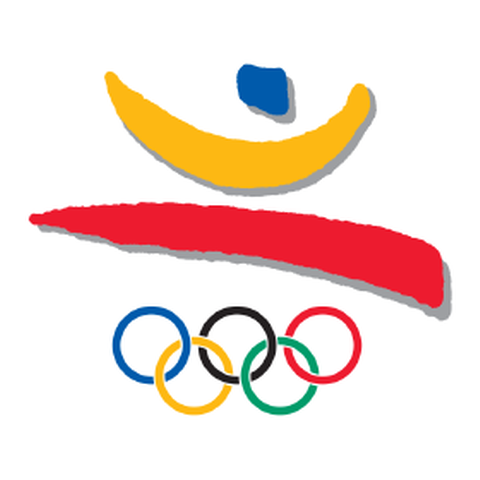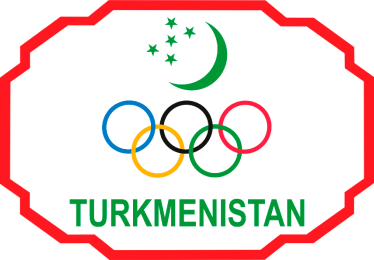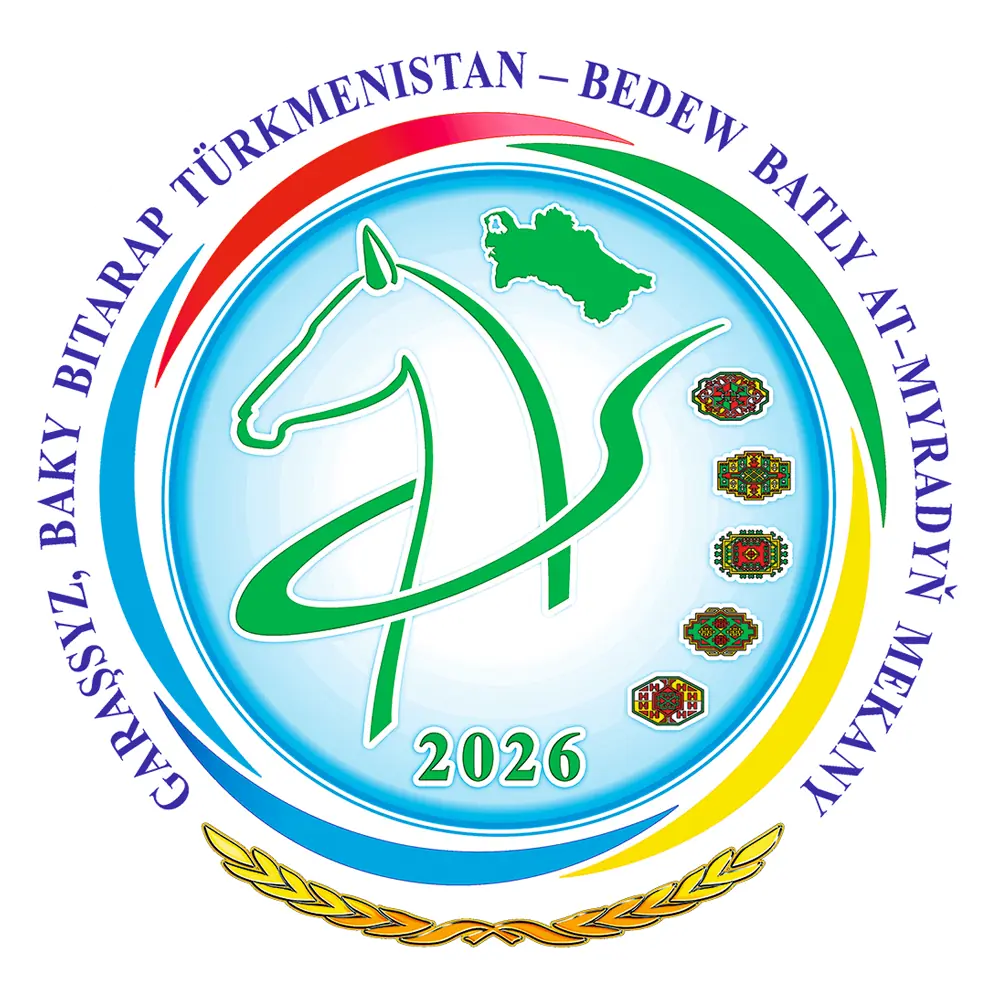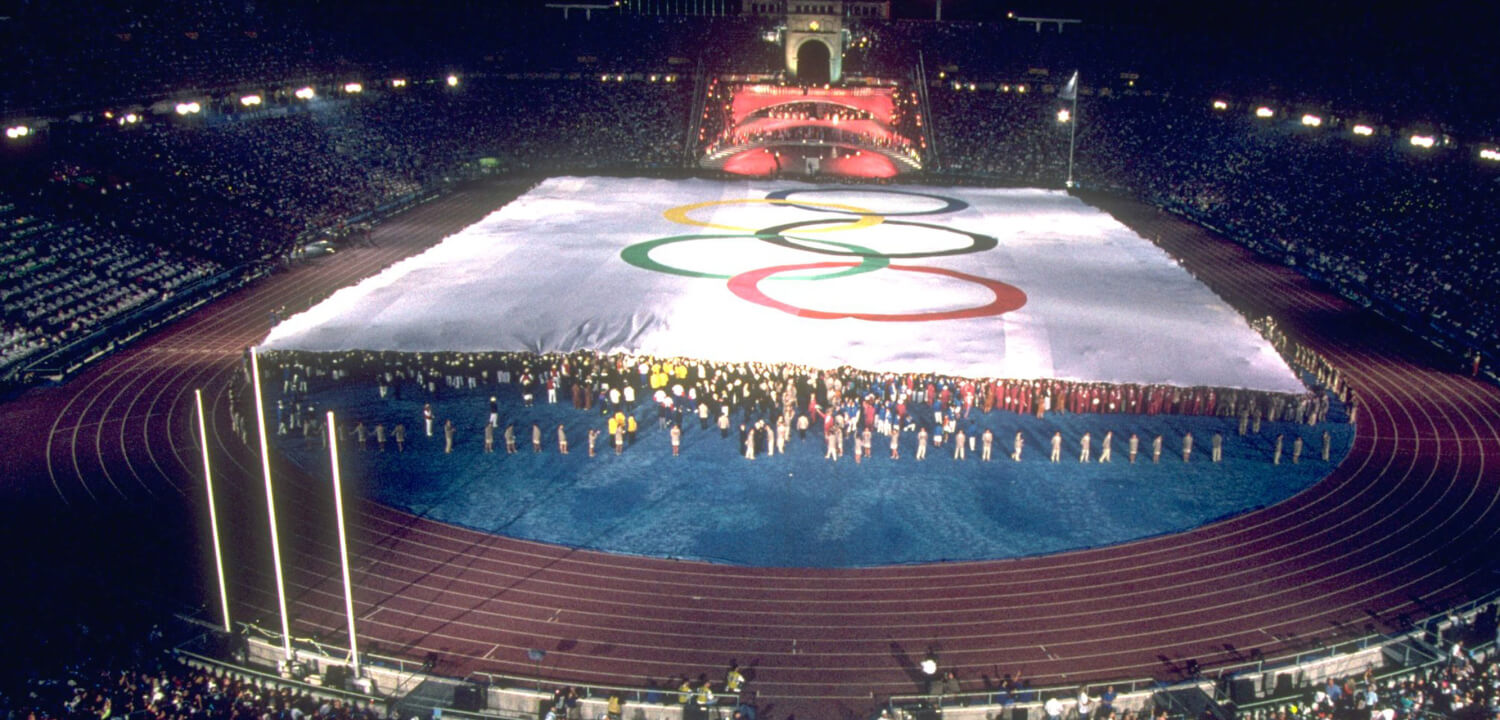BOYCOTT-FREE
For the first time since 1972, the Games were boycott-free, due to important global political changes. Apartheid had been abolished in South Africa. Then there was the fall of the Berlin Wall and the reunification of West and East Germany. Communism had ended and the Soviet Union was divided into 15 separate countries which participated as a "unified team”.
NEWCOMERS AND YOUNGSTERS
Baseball debuted as a full medal discipline having appeared as an exhibition or demonstration sport at six previous Games. Badminton and women’s judo were also added to the Olympic programme, and Spain’s coxswain in the eights, 11-year-old Carlos Front, became the youngest Olympic competitor since 1900.
MEMORABLE CHAMPIONS
Men's basketball became open to all professionals and the US sent a "Dream Team" of superstars including Magic Johnson, Michael Jordan and Larry Bird. Needless to say they dominated the event and won gold. Another impressive performer was gymnast Vitaly Scherbo, who won six golds, including four in one day.
AFRICAN HOPE
In the last lap of the 10,000m final, Derartu Tulu of Ethiopia darted into the lead and went on to win. At the finishing line, she waited for her opponent Elana Meyer, a white South African. They set off hand-in-hand for a victory lap that symbolised hope for a new Africa.
NOCs: 169
Athletes: 9,356 (2,704 women, 6,652 men)
Events: 257
Volunteers: 34,548
Media: 13,082 media (5,131 written press, 7,951 broadcasters)







